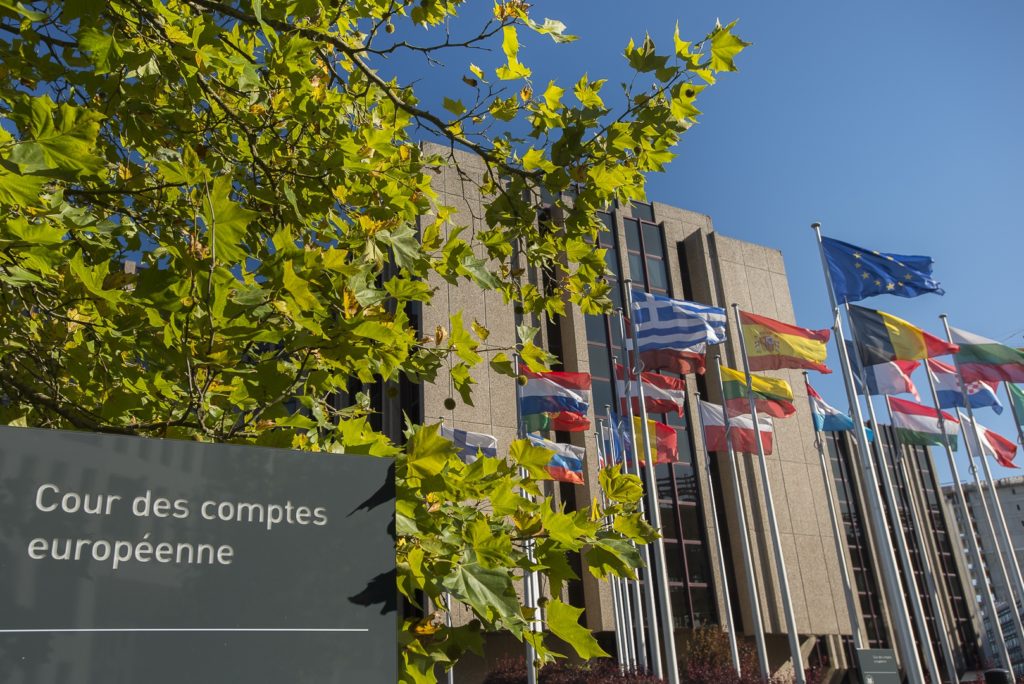In a new audit report, the European Court of Auditors delivers scathing criticism of EU’s pre-accession assistance to help prepare Turkey for EU membership and align itself with EU laws. The auditors attribute the limited impact of the assistance on bureaucratic shortcomings such as hight staff turnover and, above all, the lack of political will on the Turkish side. The previous audit of assistance to Turkey was published in 2009.
EU financial assistance planned for Turkey from 2007 until 2020 amounts to over €9 billion. The auditors focused on priority sectors such as rule of law, governance and human resources (education, employment and social policies), to which €3.8 billion had been allocated.
Although the assistance was well designed, funding did not sufficiently address some fundamental needs in the rule of law and governance sectors, where critical reforms are overdue, say the auditors.
In areas where there was more political will, such as customs, employment and taxation, projects did help bring Turkey into line with EU law. But the results may not be sustainable because of difficulties in spending the funds and backsliding on reforms.
On the positive side, the auditors found that the Commission set funding objectives which were specific and consistent with the legal framework. In reality, however, the funds spent have barely addressed a number of fundamental needs, especially in the areas affected by the Turkish government’s suspension and detainment of staff in the civil service and judiciary after the failed military coup attempt in July 2016.
These areas are the independence and impartiality of the judicial system, the fight against high-level corruption and organised crime, press freedom, the prevention of conflicts of interest, and reinforcing external audit and civil society.
The Commission was also criticized by the auditors for failures that seem to be recurring in its management of external assistance. The Commission supported sector-wide reforms rather than stand-alone projects but sector assessments were not always comprehensive, notably in donor coordination, budget analysis and performance assessment.
Another recurring shortcoming is the non-respect of conditions to support reforms and projects. The Commission seldom used conditions such as the option of taking over the responsibility for the management of projects or taking other corrective measures if conditions were not met.
Due to widespread programming and implementation backlogs, the programme was significantly delayed. This led to reductions in both funding and the time available for the Turkish authorities to implement subsequent projects, and will further contribute to delaying tendering and contracting, according to the auditors.
Next opportunity for EU and Turkey to discuss their relations on the highest level, including the use of EU funding, will be at a planned summit in Varna, Bulgaria, on 26 March.
M.Apelblat
The Brussels Times

